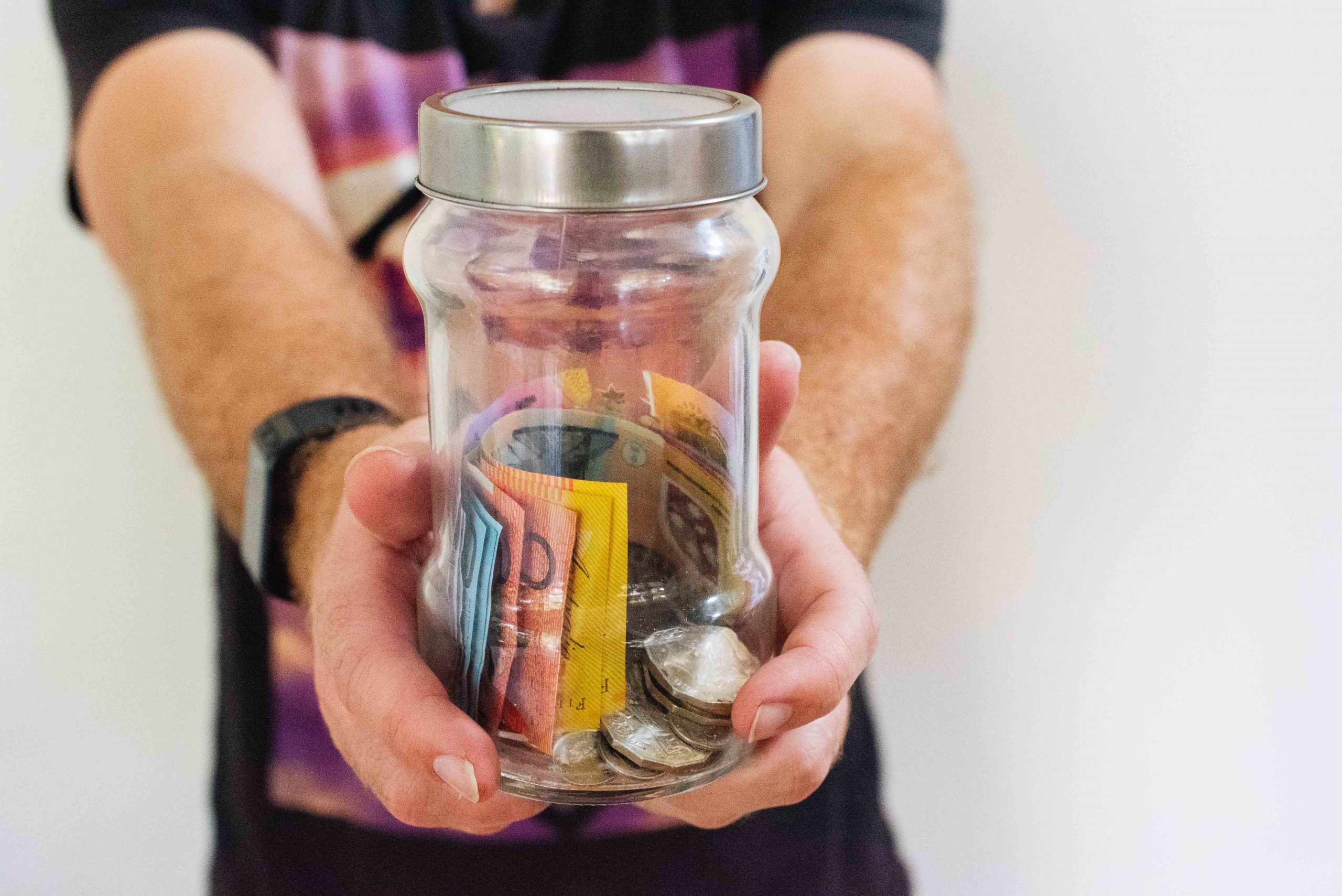A new interim report published by Australia’s Select Committee on Financial Technology (FinTech) and Regulatory Technology (RegTech) reveals new insights into the Australian Government’s position on the future of blockchain and fintech.
The report, published one year after the creation of the committee, focuses on the potential opportunities presented by blockchain technology, as well as the ways in which novel fintech and regtech solutions can help the financial sector overcome a range of different problems.
The Select Committee on Financial Technology and Regulatory Technology’s report acknowledges the economic impact of the ongoing COVID-19 pandemic, highlighting a number of ways through which the innovative application of various decentralized technology use cases can assist Australia in moving through the pandemic crisis.
Notably, the report presents a number of use cases of blockchain technology, such as virtual signing and witnessing of legal documents or the potential for decentralized regtech platforms focused on digital identity in government agencies.
Blockchain Industry Value Headed Toward $3 Trillion
Australia’s Select Committee on Financial Technology and Regulatory Technology has been presented with a broad spectrum of information with which to create regulatory guidance, leveraging the knowledge of established Australian blockchain and fintech innovators during hearings.
Within specific committee hearings, Michael Bacina, Partner of both Fintech Group and Blockchain Group, provided the committee with estimates that the international blockchain technology industry could be worth over $175 billion annually within five years and $3 trillion by 2030.
Other insights presented by the report include criticism of the current regulatory approach governing the fintech and blockchain startup ecosystem, noting that the current regulatory environment is “outdated” and in many cases contradictory. With Australian fintech and blockchain startups now capturing hundreds of millions in VC investment around the country, the Australian government is actively pursuing startup-friendly approaches within the scope of the Australian blockchain roadmap in order to promote innovation and development within the nascent Aussie blockchain ecosystem.







